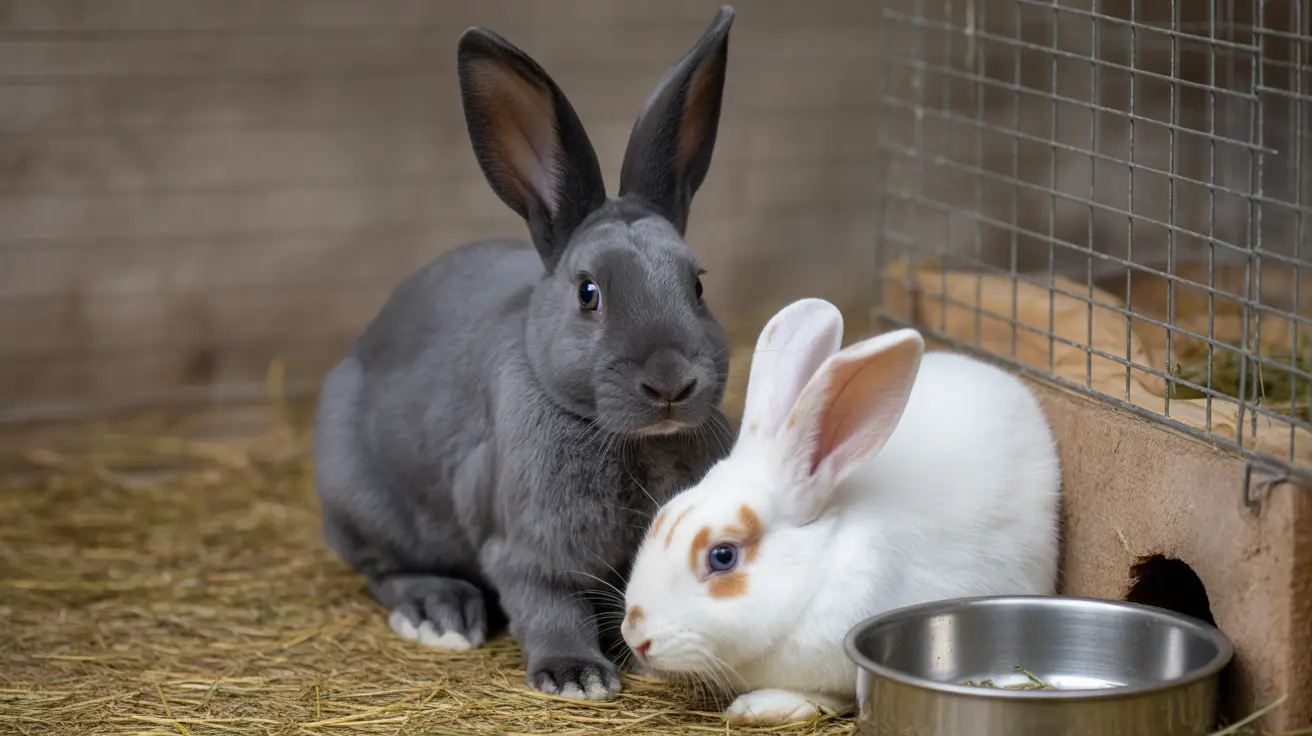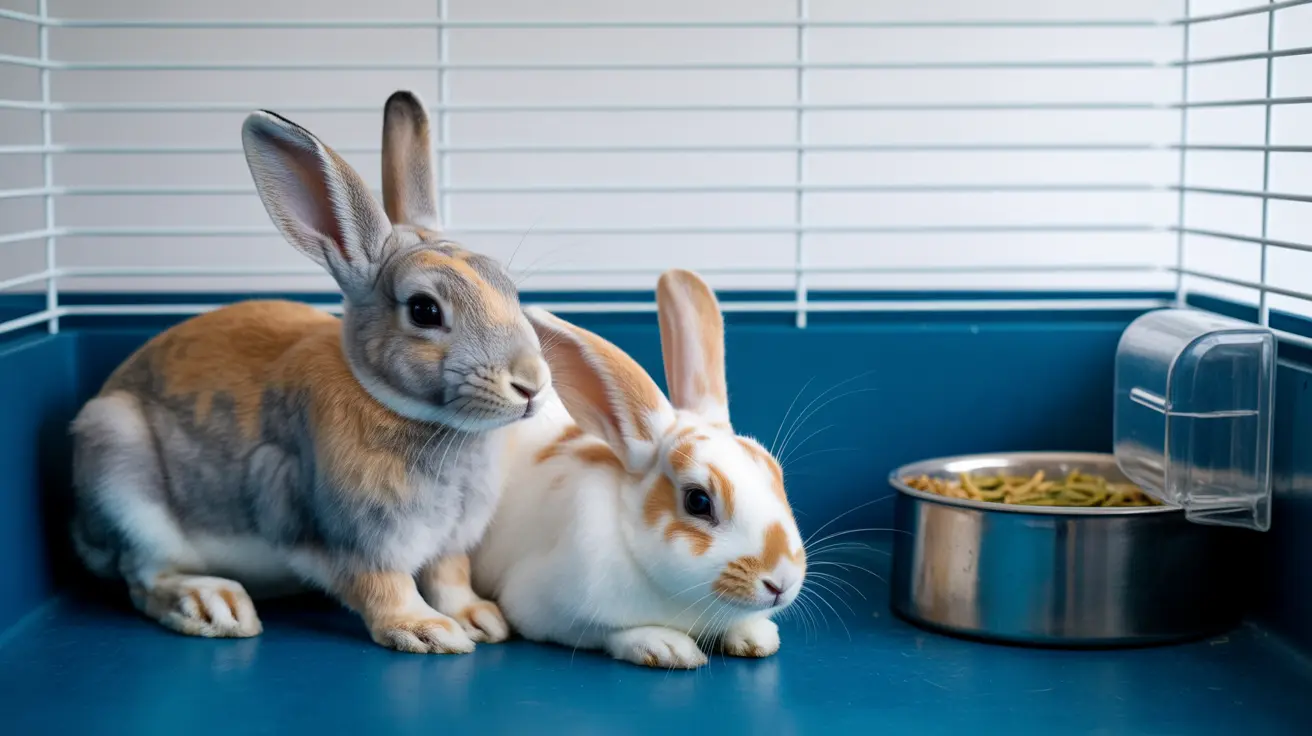When Do Salukis Calm Down? Understanding Saluki Maturity
Salukis—often dubbed the Royal Dogs of Egypt—are a breed with an ancient lineage and a modern challenge for dog owners: their high energy and independent spirit. Knowing when these elegant sighthounds tend to calm down can help prospective and current owners better manage expectations and provide the best environment for this exceptional breed.
Typical Age When Salukis Calm Down
The transition from a mischievous puppy to a more serene adult varies based on individual temperament, environment, training, and care. However, most Saluki owners report that these dogs begin to calm down notably between 2 to 3 years of age.
This age range corresponds with the breed's maturation into adulthood. While they may retain bursts of playful and high-speed energy throughout their lives, their overall behavior becomes noticeably more predictable and subdued after this developmental stage.
Why It Takes Time
Several factors influence when a Saluki will settle into adult behavior:
- Genetic predisposition: As sighthounds bred for chasing prey across vast distances, Salukis have strong instincts that make them energetic and alert during their early years.
- Physical development: Full muscle and bone development usually completes around two years of age, after which the dog’s physical needs slightly change.
- Mental growth: Their independent nature means they mature mentally at their own pace, often slower than more biddable breeds.
Managing Energy in Young Salukis
In order to reach that calmer stage, young Salukis need directed outlets for their energy:
- Daily vigorous exercise: At least 1–2 hours of running, walking, or active play.
- Mental stimulation: Engage them with problem-solving games, puzzle toys, or obedience training.
- Lure coursing or agility sports: These provide both physical and mental engagement and make optimal use of their hunting instincts.
The Importance of a Calm Environment
Salukis thrive in serene households. Their sensitive nature means that a calm, consistent routine supports their mental well-being and helps them transition into adulthood more smoothly. Loud, chaotic settings may stress them out and delay emotional maturity.
Training Helps the Transition
Gentle, positive-reinforcement training is essential for a breed as intelligent and independent as the Saluki. Early socialization and clear expectations can guide their behavior more effectively than forceful correction. Training is also a tool to reinforce behaviors that contribute to a calmer demeanor, such as recall, stay, and impulse control.
Signs Your Saluki Is Maturing
By 2 to 3 years of age, you may notice these promising signs:
- Less destructive behavior: Chewing and hyperactivity often wane.
- Improved focus during training: They respond better to commands.
- Longer rest periods: They enjoy lounging more and demand fewer play breaks.
- More predictable reactions: They're less startled or reactive to new stimuli.
Challenges Beyond Age
Some Salukis retain high-strung tendencies well into adulthood, especially if they lack proper training or exercise. Others may appear calm but are bored or under-stimulated, which can lead to passive destructive behaviors.
Thus, age alone doesn't guarantee calmness. Instead, it signals a potential window of behavioral transition that must be nurtured with consistent care and attention.
Tips for Supporting a Calmer Saluki
- Set routines: Regular schedules provide security.
- Secure spaces: Large, fenced yards for free running help burn off excess energy safely.
- Companionship: Salukis can suffer from separation anxiety if left alone frequently, so ensure they have adequate social time.
- Avoid overstimulation: Reduce exposure to unnerving situations that may heighten nervous energy.
A Lifelong Journey
While Salukis may settle down as they mature, their lineage as sprinters and hunters means they’ll always benefit from exercise and engagement. Their calmer demeanor does not mean they’ll lose their spark—it simply makes them better suited to household life.
Patience, understanding, and consistent routines go a long way in raising a happy, balanced Saluki. When these needs are met, their elegance and gentle loyalty shine, making them one of the most rewarding companions for experienced owners.





